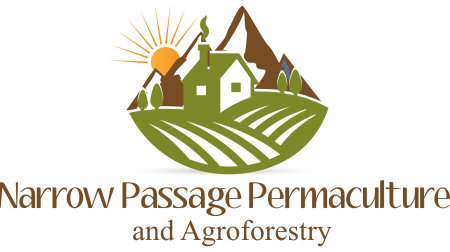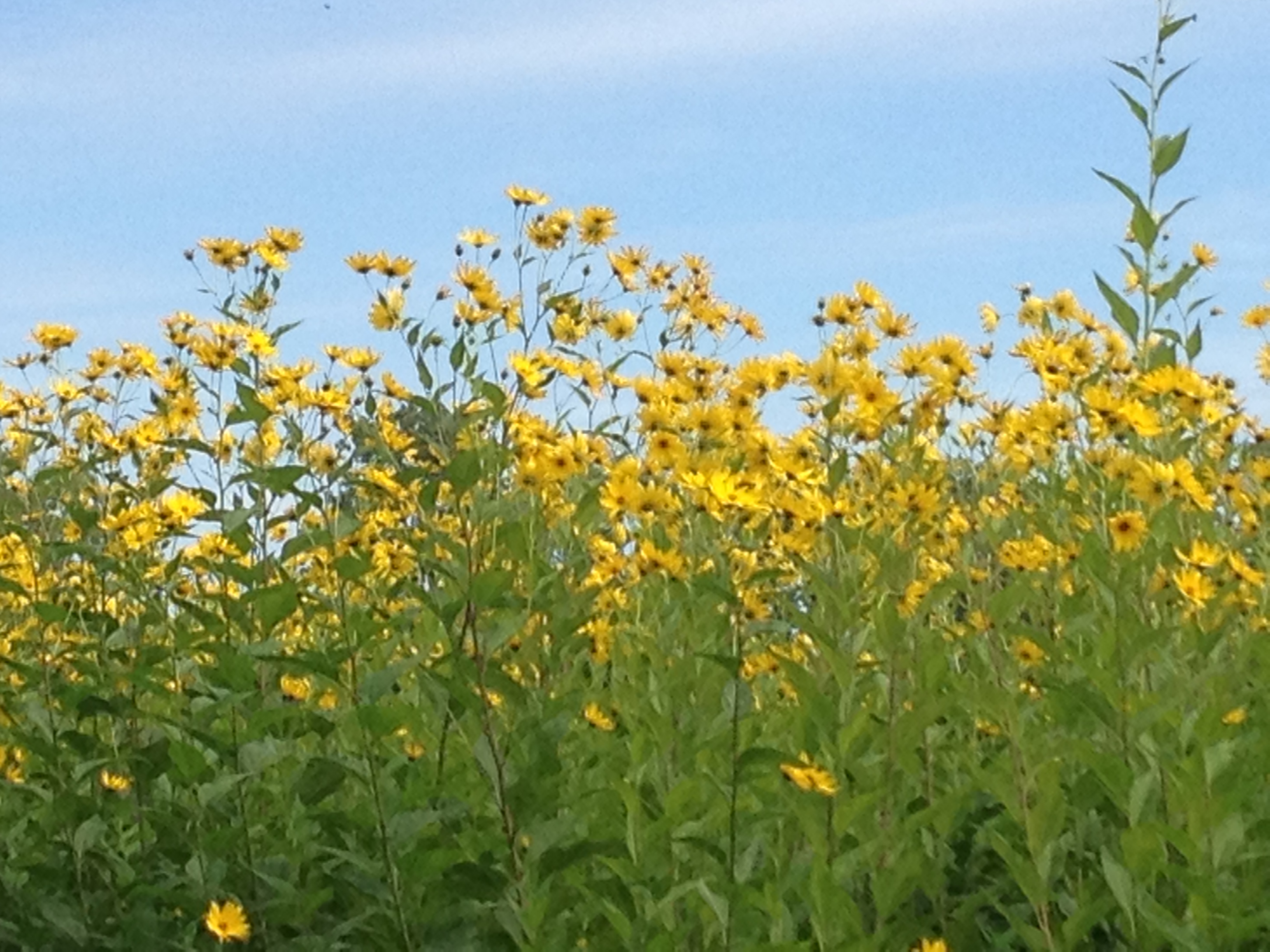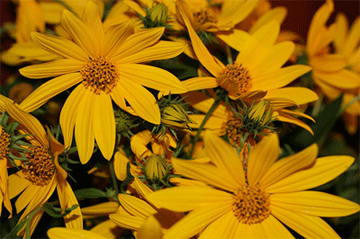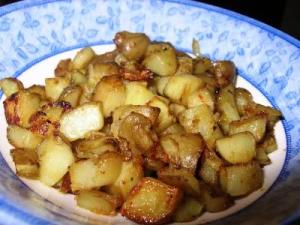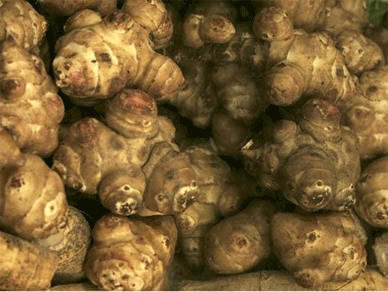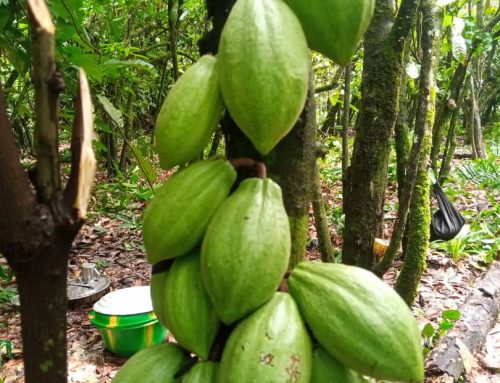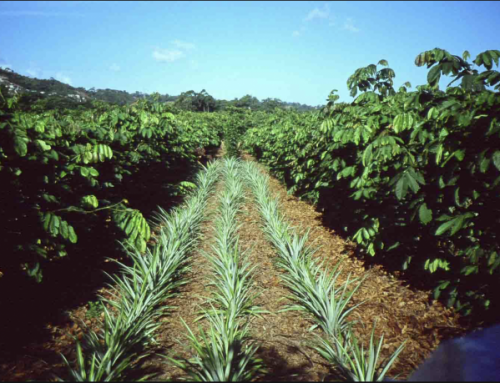Sunchokes (Helianthus tuberosus) are an amazing Permaculture favorite that, once established, produces an abundance of food perennially and can produce hundreds of pounds of food with little or no effort. Sunchokes, also known as Jerusalem Artichokes grow well in the temperate climate of North American, so well, that some consider them an invasive species.
The Sunchoke produces a bright yellow flower and grows tall, thus being a plant that can grow in a patch of other plants like hog peanuts or beans. But the food of the plant is in the crazy abundance of tubers that grow underground each year. The tubers are like potatoes except more “gnarly”, less uniform in shape. These tubers will sprout new plants from almost any part of the plant left in the ground, thus, when harvesting, if small pieces are chopped with the shovel and left behind, new plants grow forth readily. For those of you without a proverbial green thumb, it’s actually hard to kill.
Is it good to eat? The plant taste a bit in consistancy and flavor like water chestnuts or potato, but sweeter and nuttier. I decided that I should go dig and sautee some up just now in the spirit of research for the blog post here. A bit of butter or coconut oil, a bit of salt. Fry it up.. Yum.
Nutrionally, they are a carb of sorts but with a low glycemic index…and thus not affecting insulin levels like potatoes or grains can. They are also reported to lower blood pressure. Sunchokes contain 10% protein. It’s carbs are from inulin, which is a fructin suger thus the benefit to diabetics over other sugars. Inulin does have the negative side affect of causing gas as inulin is not digestible in its basic form by humans. So eat in moderation, or slow cook out the inulin before eating! Jerusalem artichokes have 650 mg potassium per 1 cup (150g) serving. They are also high in iron, and contain 10-12% of the US RDA of fiber, niacin, thiamine, phosphorus and copper
Sunchoke was first cultivated by the native americans, and the explorers to the new world took the plant to Europe, where it became popular for culinary uses and in the manufacture of spirits, specifically, brandy and other liquors. To eat them they are dug and washed like potatoes, but pigs can and will forage them from the ground by rooting them up. Chickens and other livestock love them as well.
Jerusalem Artichokes are nearly the perfect “prepper plant” as it grows easily and produces lots of food per acre and effort. See this Survival Mom article
Sunchokes can be used as a privacy screen as the plants grow onto thick dense bands that function as a screen. And, as they grow in almost any type of loosened soil, they can be used to help rejuvinate a neglected area of land. And of course, being perennial, require no inputs annually other than to harvest , an important plus in permaculture. Sunchokes work well as a guerilla gardening plant as the plant’s appearance is lovely. The casual onlooker see’s only the pretty yellow flower in summer, not knowing of the rich nutrition beneath the ground. Sunchokes are also in consideration as a plant with which to make ethanol.
Sunchokes can be made into wine, dried, or simply left in the ground as storage food, ready when needed.
For more on Sunchokes watch this video by Paul Wheaton, the Duke of Permaculture. Then go plant some for yourself!
